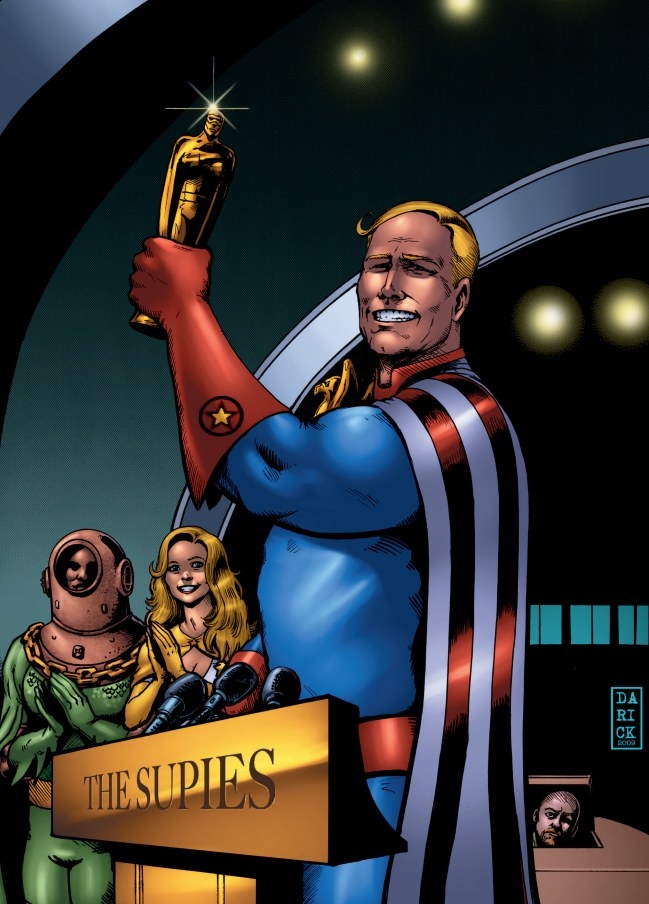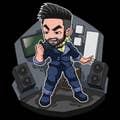⚠️ Spoiler alert: This post covers both The Boys series and comic book. ⚠️
Fair warning if you haven't finished the season or the comics, you might want to turn away now. YOU'VE BEEN WARNED!
Season 3 of The Boys has wrapped, and hot damn, it was a good one.
Of course, the big thing comic fans were excited about for this season was Herogasm after showrunner Eric Kripke had tweeted a photo of the script.
From day one, everyone dared me to make this episode. CHALLENGE MET MOTHERFUCKERS #TheBoys #TheBoysTV @TheBoysTV @PrimeVideo @SPTV #SPNFamily @Sethrogen @evandgoldberg
Now, the show couldn't do exactly what the comics did as some of the stuff in the source material was pretty crazy and intense, which included Hughie getting a thumbs up from Black Noir which, if you know, you know.
So the show took a decent pivot in changing some things to service this season's story arc, and for me, I think they stuck the landing.
I figured this would be a perfect time to show some of the major differences this season had from the comics and just what these changes could mean not only for Season 4 but the show in general. Let's get to it.
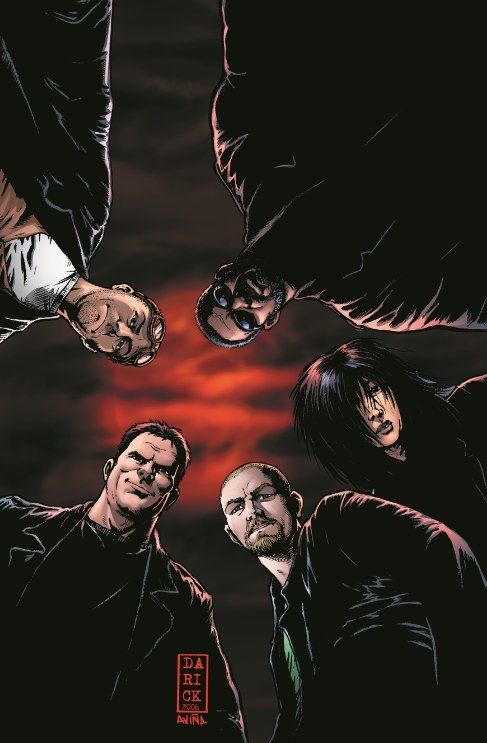
1. Victoria Neuman
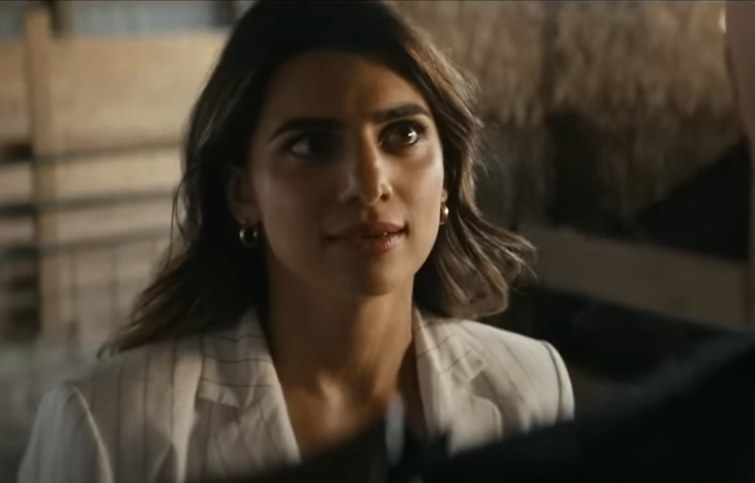
In the comics, Victor Neuman is Vought's former CEO who eventually becomes Vice President of the United States and bears no powers, unlike in the show.
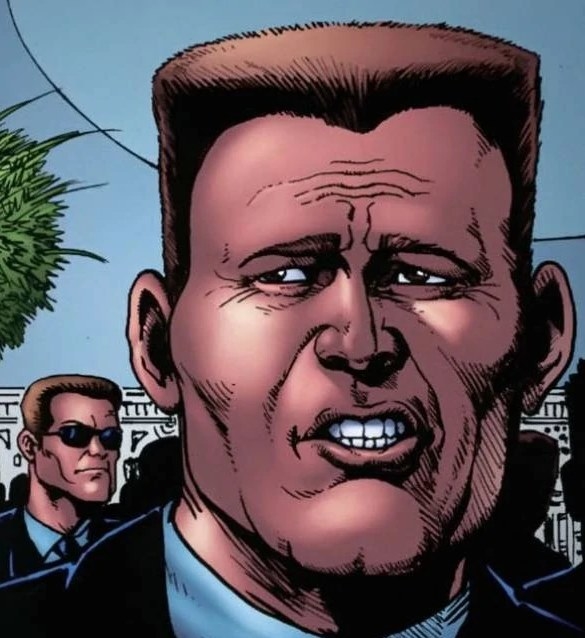
Victoria seemingly has more depth in the show and more aspirations as somebody who is trying to protect her daughter and rise in the political game to carry on Vought's agenda for her pseudo-father Stan Edgar.
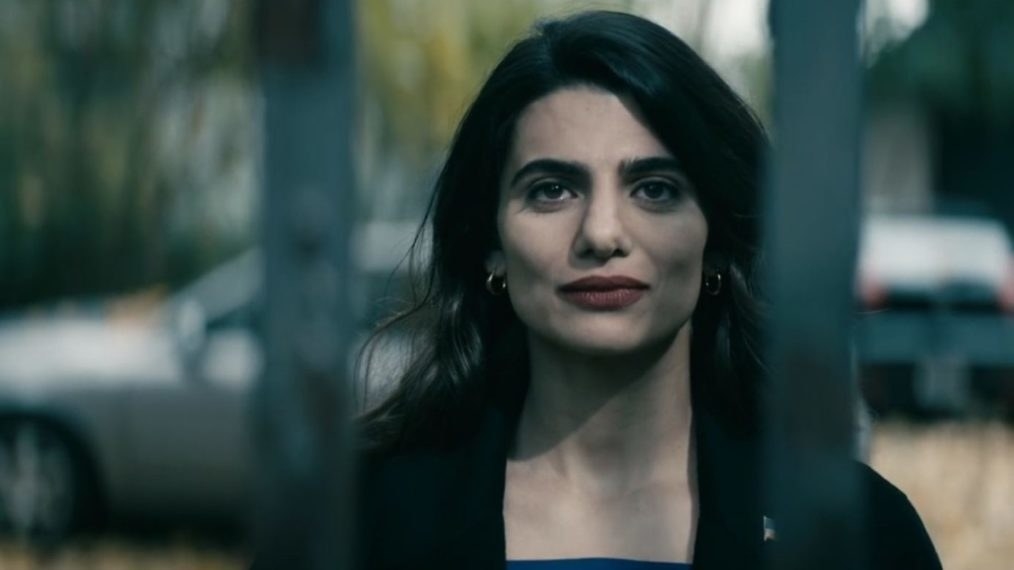
2. Soldier Boy
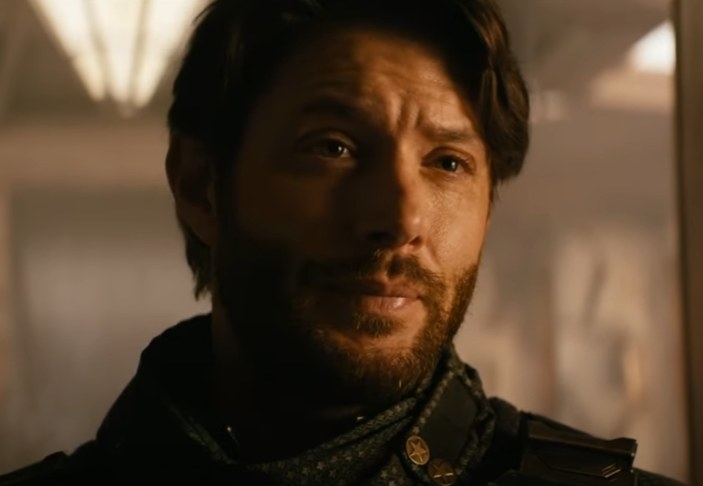
This Captain America-like character was the original Homelander in every way you can imagine. He was an abusive comrade to his team, so much that they betrayed him, and he also killed plenty of innocent people, including M.M.'s (Mother's Milk) grandpa, with no regrets.
In the comics, Soldier Boy was multiple people, though we only see two, and none were Homelander's father or had radiation blasts that would depower other supes. The first version of Soldier Boy also fought in World War II but had little combat experience. After exposing his platoon's location, he's killed, similar to what happened in Nicaragua in the show. However, Ackles' version was captured by his own team.
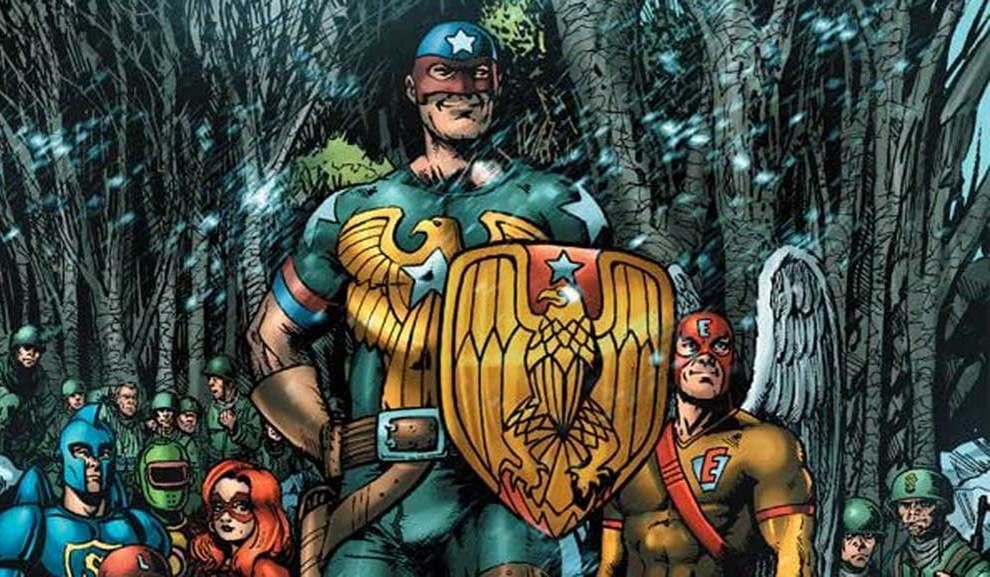
The second version of Soldier Boy was introduced in the Herogasm spin-off and was no better than the first; he was a coward who wasn't the leader of Payback and was desperate to get himself into the Seven.
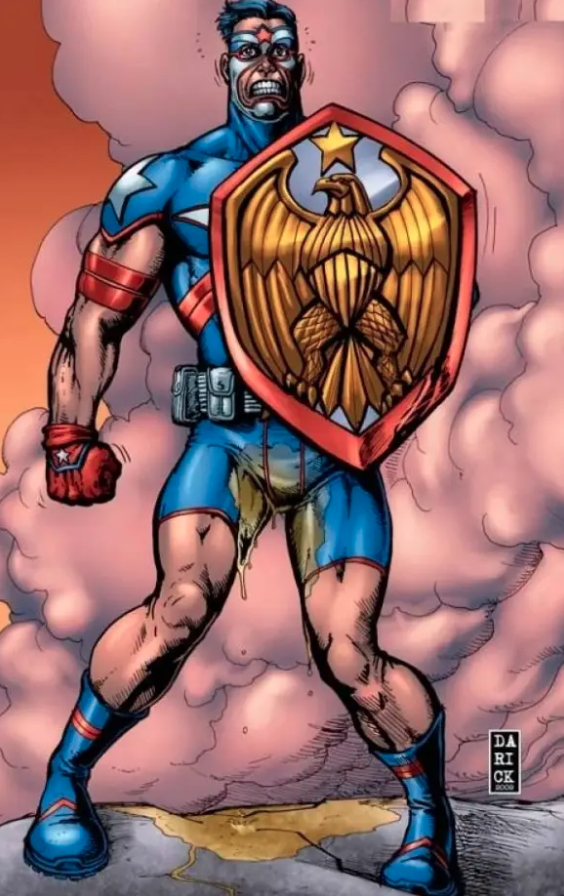
3. Queen Maeve
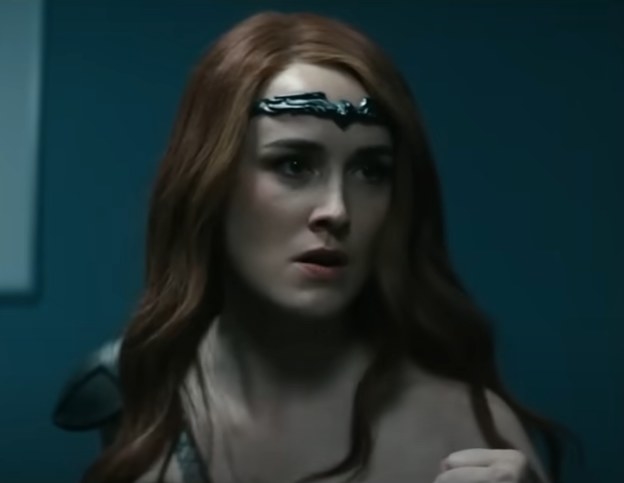
It was good to see Maeve get a happy ending in the show, considering she didn't get one in the comics. Although she sacrificed herself to protect Starlight in the graphic novel, she was easily defeated by Homelander and didn't stand a chance.
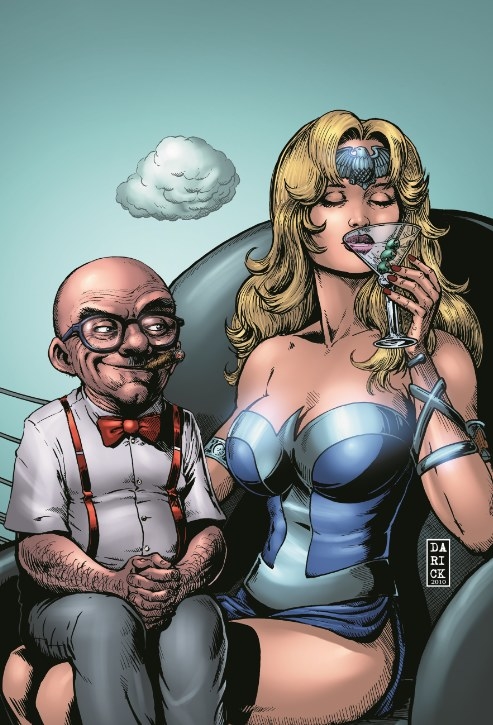
It was good to see that in the show, she could hold her own with Homelander and even got the best of him so she could take Soldier Boy outside before he killed The Boys.
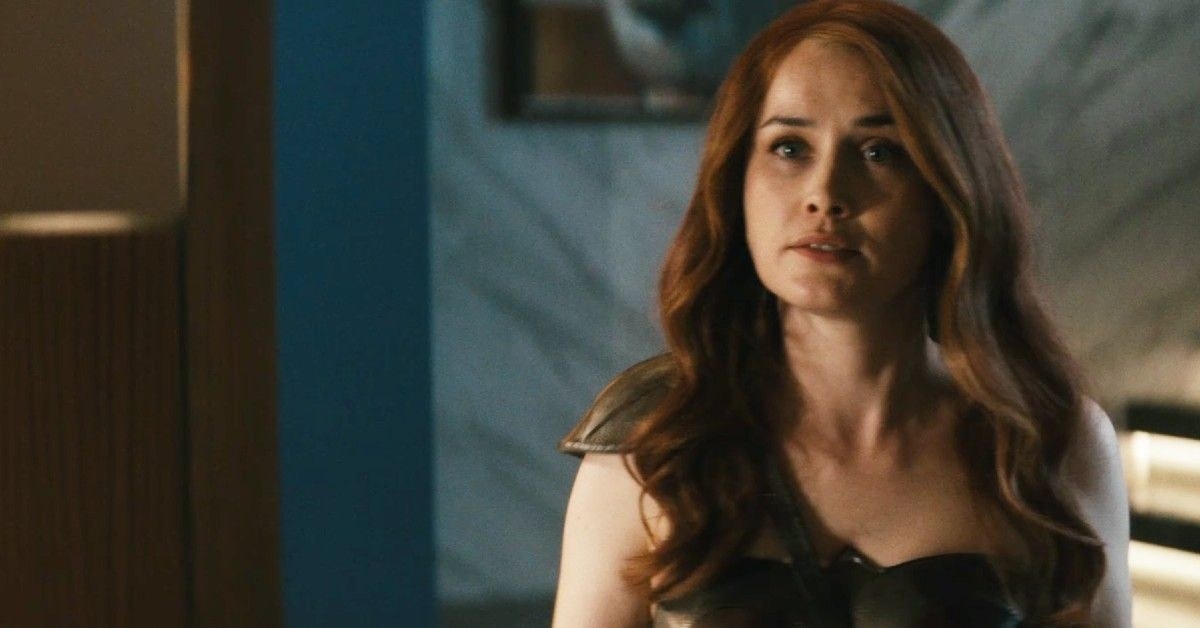
4. A-Train
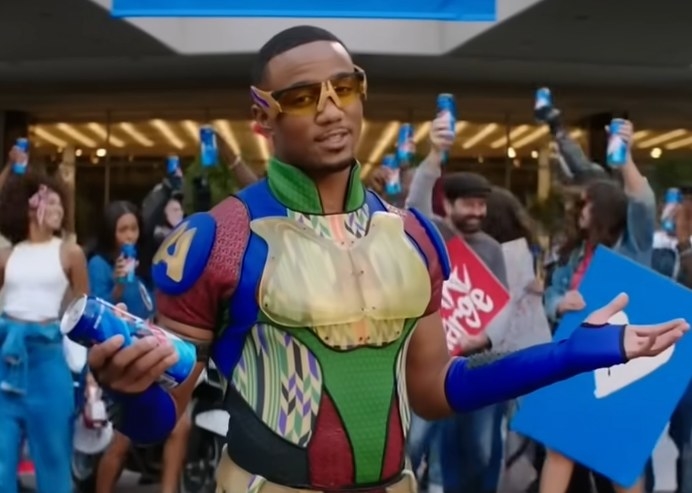
He is a one-note character in the comics, so to see his arc in the show play out as well as it has is refreshing.
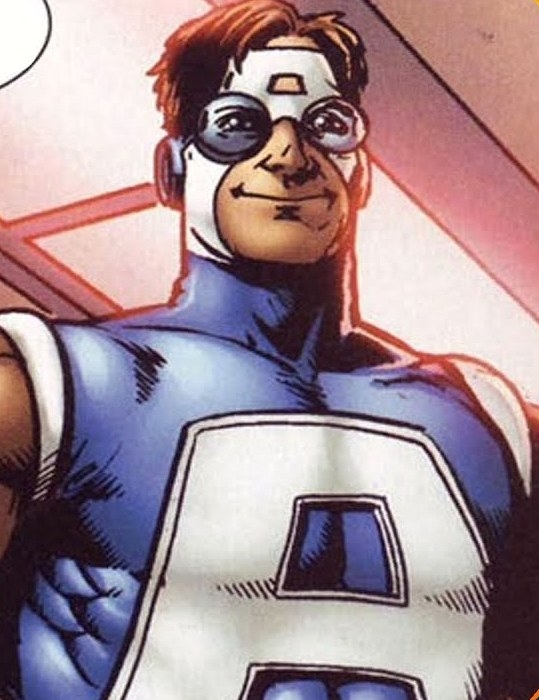
For me, A-Train is someone I have turned around on this season. Though you see his selfish actions throughout this season, which for me was just self-preservation against the madman who is Homelander, the tragedy of his brother coupled with Homelander's abuse, and a new heart could be the formula for him to grow a pair and help The Boys finally.
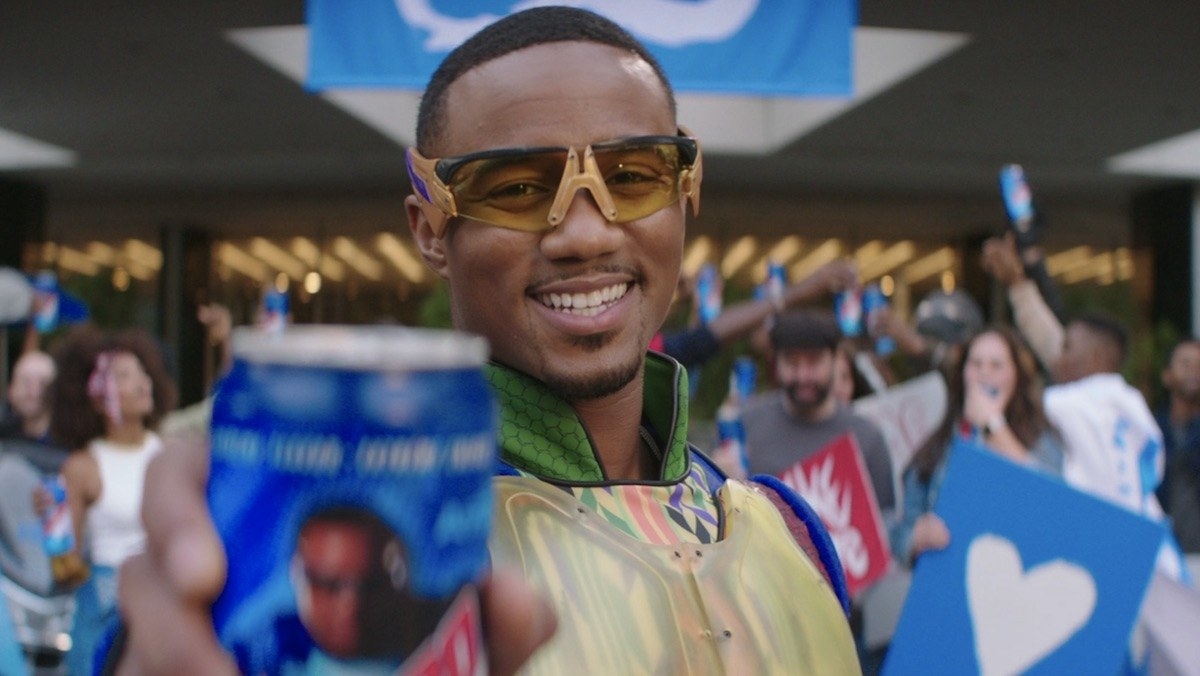
5. The Deep
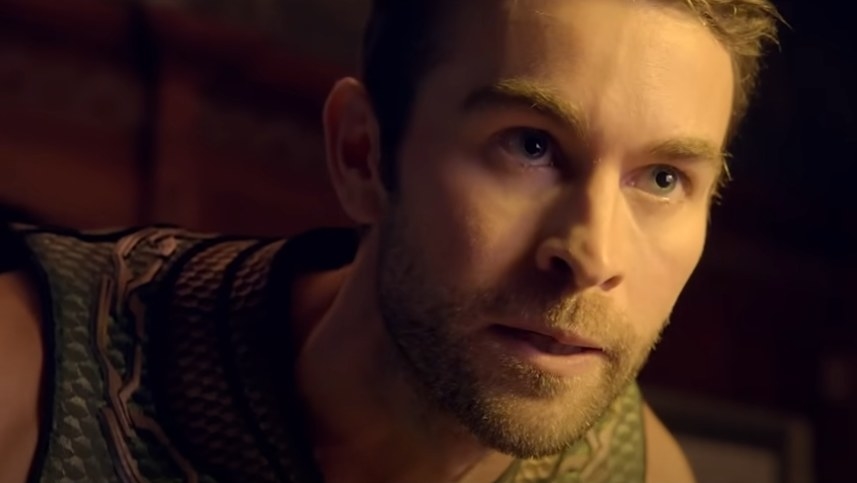
The Deep in the comics is more like Black Manta than Aquaman. He is not seen talking to fish and certainly not having any intimate relationships with them either.
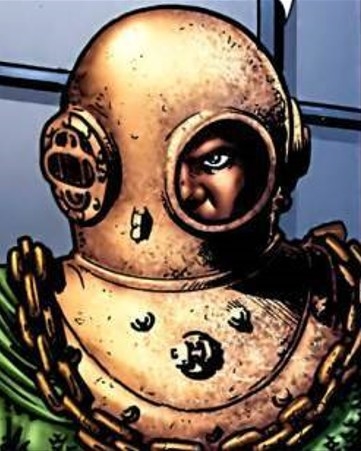
The show has also made The Deep more immature and dim-witted than in the comics, making him this pretty-boy-type character, whereas, in the comics, he is seen wearing a full divers helmet and always has a stern look on his face.
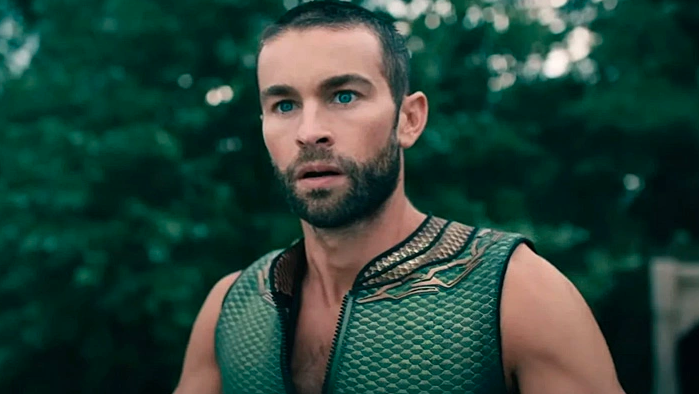
6. Stan Edgar
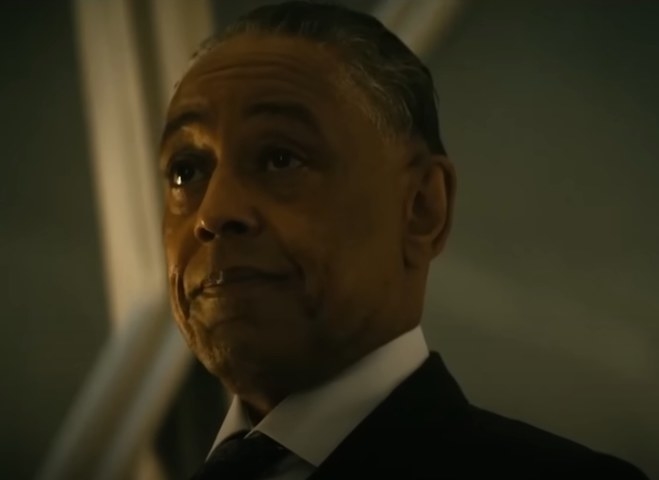
In the comics, James Stillwell is pretty much the same as Esposito's Stan Edgar. Although you might think that Elisabeth Shue's Madelyn Stillwell would've been that character considering the last name, it's Stan who embodies James Stillwell the most.
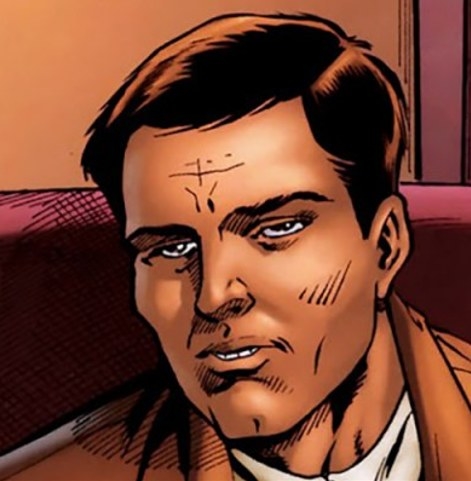
Stan Edgar is intelligent, ruthless, and the one person at Vought that isn't intimidated by Homelander. He makes calculated moves that will benefit the company and knows exactly how to keep his supes in line. James Stillwell in the comics composes himself in the same way, though with some slight differences.
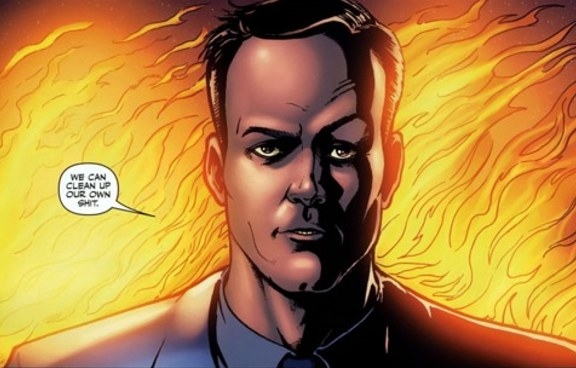
7. Black Noir
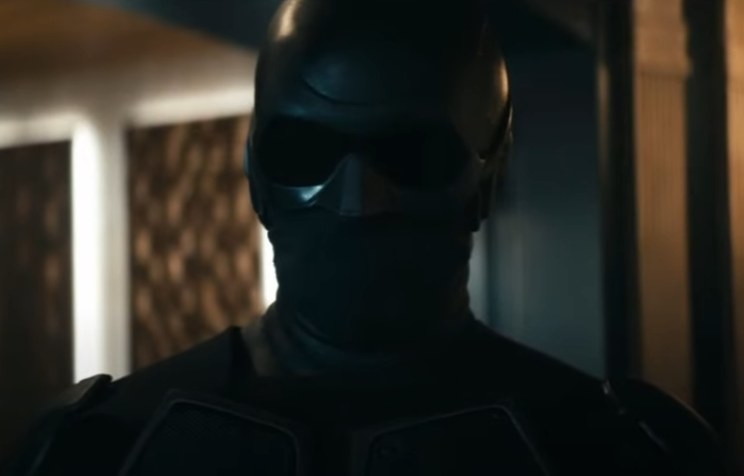
It was a huge shock to see Black Noir get disemboweled by Homelander, especially for comic book fans who know just how strong he is in the comics. The show made Black Noir a completely different person who was a part of Payback and was brutally beaten by his former team leader Soldier Boy.
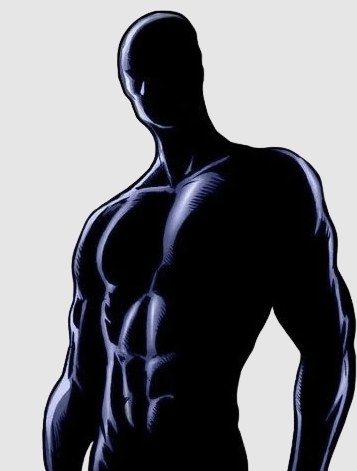
In the comics, he's just as strong as Homelander and was made that way to be the fail-safe if Homelander ever went too far off the deep end. He has done horrible things and is a more horrendous supe than the Blonde Superman. It's a shame we don't get more backstory for this mute supe, but the little arc he did have this season was still great.
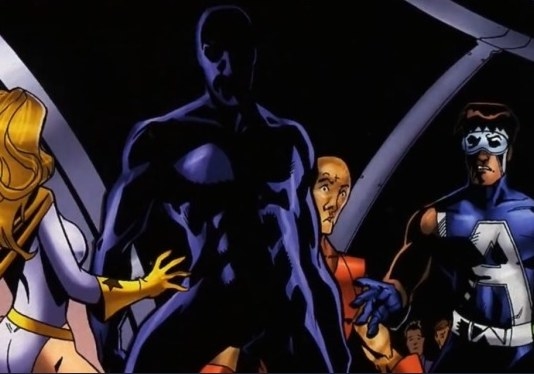
8. Homelander
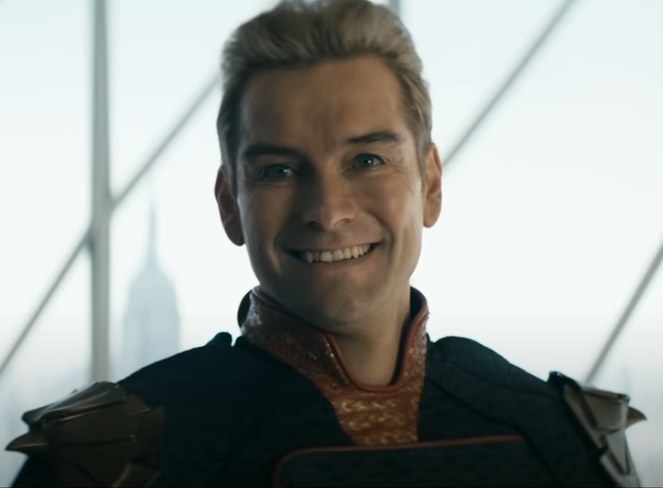
If you can believe it, Homelander in the comics is actually worse than the one on the show. The depravity that he shows in the comics is just on another level bad. He is actually the one who sexually assaults Starlight as well as Soldier Boy and is just as detestable as we see in the show, if not more.
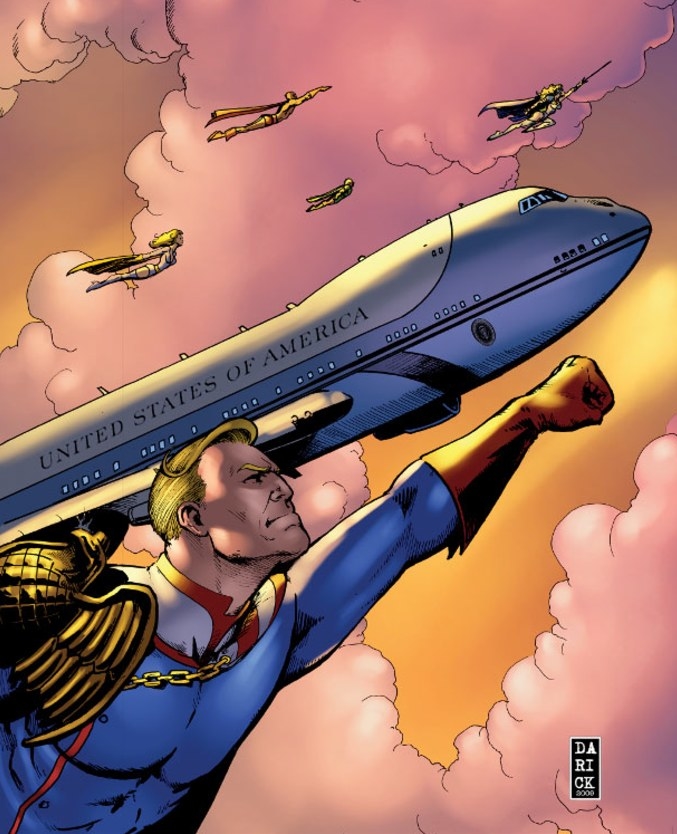
The show clearly made it a point to make him bad but dial it back to make his character hated but not as vile as the comics. Ryan isn't around in the comics, so we never get to see his attempt at fatherhood, which I think gives the show's character some depth and vulnerability that we don't see as often in the source material.
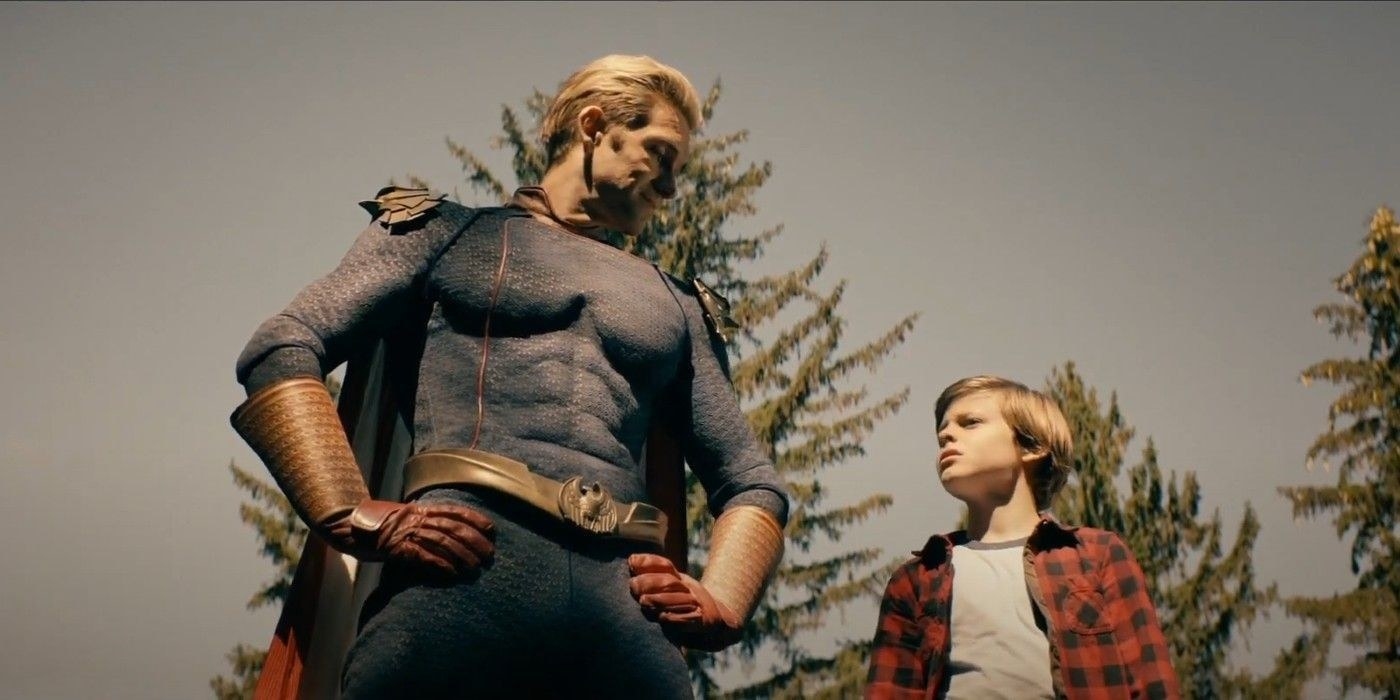
9. Herogasm
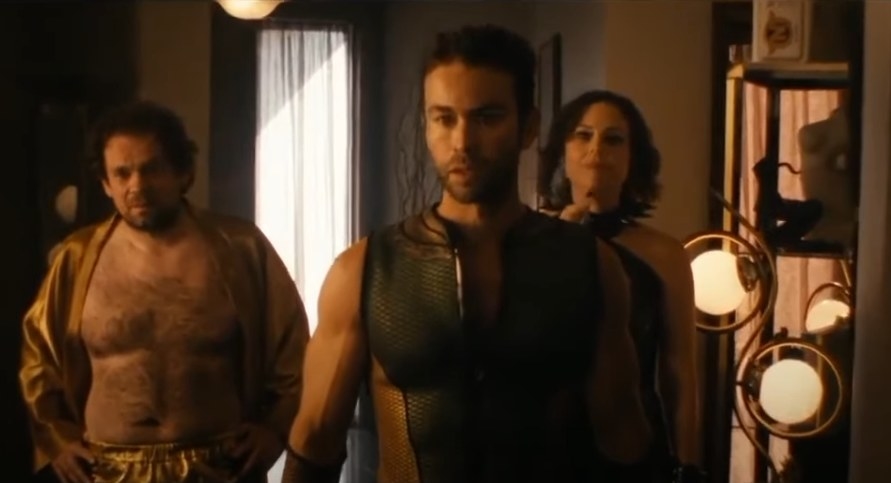
Welp, it finally happened, the moment that comic fans had been waiting for, and for me, it didn't disappoint.
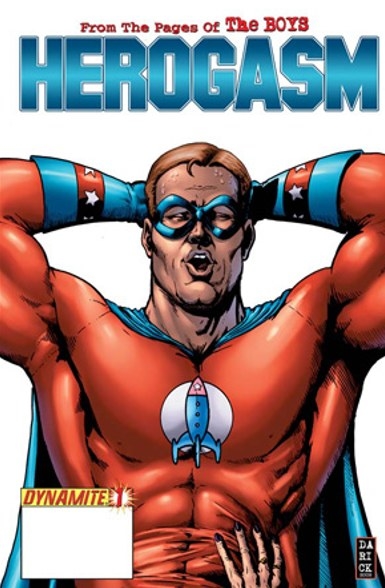
The first significant difference was that in the comic books, Vought is the one backing Herogasm as a way to let their heroes and villains blow some steam through sexual debauchery and lots of drugs.
